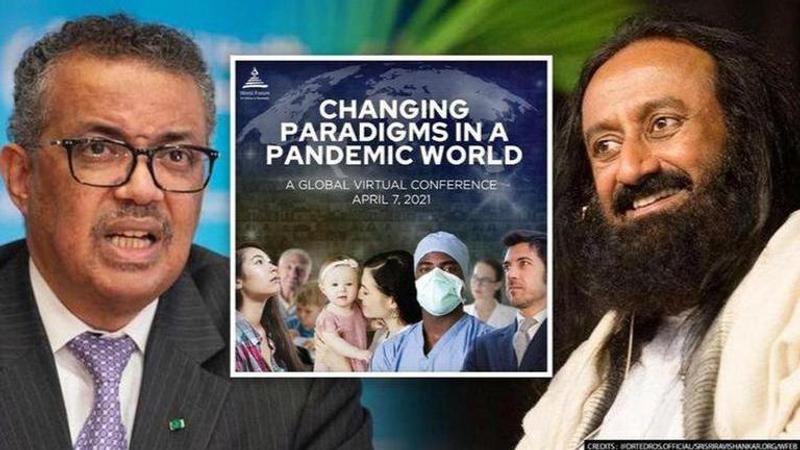Published 18:15 IST, April 7th 2021
WFEB: Sri Sri Ravi Shankar pens note on Health Day; WHO chief bats for 'vaccine equity'
On the occasion of World Health Day, World Forum for Ethics in Business (WFEB) hosted a mega global virtual conference with the theme "changing paradigms".

Image credits: AP/PTI | Image:
self
- Listen to this article
- 5 min read
Advertisement
18:14 IST, April 7th 2021




